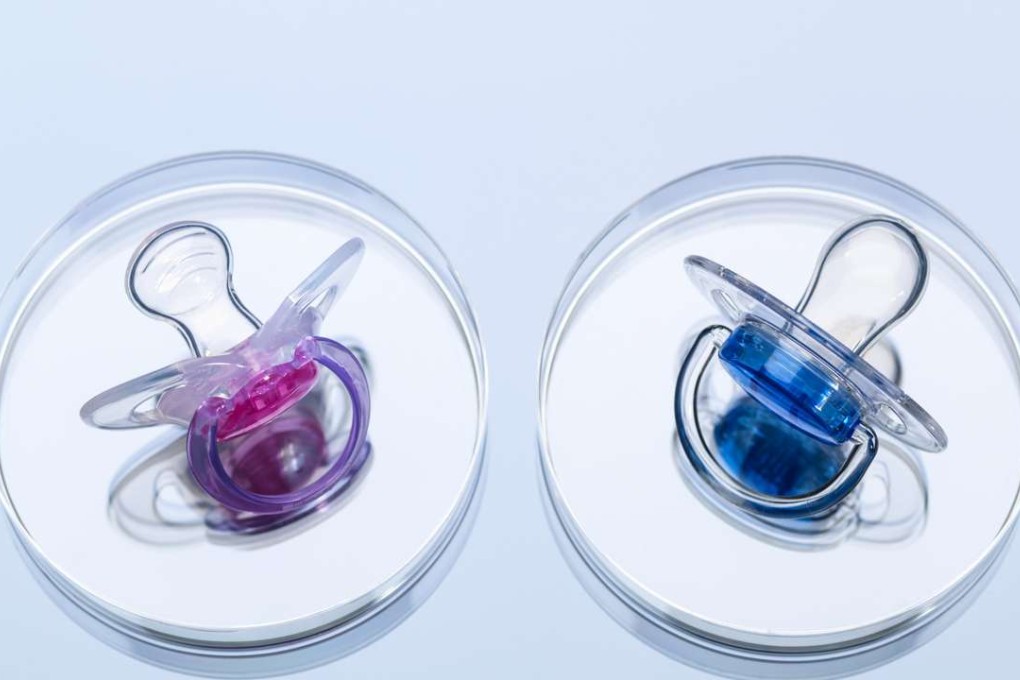‘It’s most ... most likely use, is the technology of human enhancement’: Chinese scientists alter genes in human embryos in controversial study
But researchers say technology should not be applied until ‘thorough evaluation and discussion’ by global research and ethics community

A Chinese medical team’s attempt to genetically alter human embryos to make them resistant to HIV has raised questions in the medical community over the ethics of the experiment.
In only the second paper ever published on genetic editing in human embryos, a team from Guangzhou Medical University described their attempt to mutate a gene found to hinder the spread of HIV in humans.
The Guangzhou Medical University’s paper, published in the Journal of Assisted Reproduction and Genetics on April 6, described how scientists used the genetic-editing CRISPR-Cas technology to experiment on 213 embryos. These fertilised eggs, donated after being found out unsuitable for implantation as part of in-vitro fertility therapy for containing an extra set of chromosomes, were destroyed three days later.
Only four embryos were successfully modified, with the rest still containing the original genes or unexpected mutations.